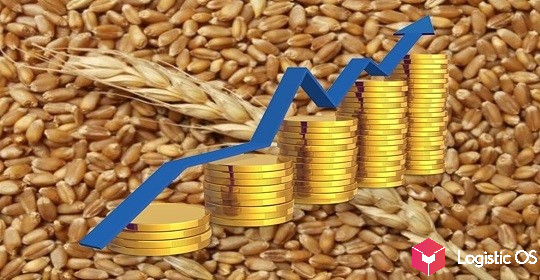According to many bakery manufacturers, the cost of production has recently increased so much that the choice is simple: raise prices or close.
For example, the Russian division of the Finnish company Fazer Group sent a letter to its counterparties, in which it notified that it could not guarantee the supply of products at the same prices.
The reason is very simple — the rise in production costs:
raw materials.
Packaging.
Production and sales.
In general, the cost of production increased by 18.4%. Including flour — by 6.5%, and transport, labor and energy — by 5.3%.
According to Anatoly Brener, Sales Director of Fazer in the Russian Federation, in February, the cost of products may increase by 16-30%, depending on the specific category.
At the same time, it is not a fact that even such an increase fully compensates for the decline in producers’ profits. After all, inflation is growing so fast that manufacturers simply can’t keep up with it.
Similar «letters of happiness» are sent by other bakeries.
For example, the Irkutsk bakery also informed the large retail chain Komandor about an impending price increase in the near future.
And the general director of the Kolomensky bakery and confectionery holding, Dmitry Kozlov, noted that the last time the price of products at the enterprise increased in September, however, the cost of raw materials has changed markedly, so new increases cannot be avoided either.
Are there any grounds for a rise in the price of bread?
In this regard, not everything is so clear. For example, Sergey Shchedrin, chairman of the board of the Russian bakery union, sees no reason for the price of bread to skyrocket.
As for the manufacturer Fazer, according to Shchedrin, he works mainly in St. Petersburg, and he also sells expensive products that are not in mass demand: for example, baguettes.
At the same time, in December last year, the Ministry of Agriculture of the Russian Federation sent a message to the government that by early February, flour prices could rise to 2.9%. And this may lead to a rise in the price of a wheat loaf in retail up to 43 rubles.
At the same time, the Ministry of Agriculture notes that the situation is under control, and last year measures were taken to prevent a sharp increase in bread prices within the country.
Among such measures are a floating export duty on grain, a quota for its export, as well as subsidies for flour mills and bakeries.
Over the past year, they were paid a total of about 4.7 billion rubles. In general, the rise in the price of grain, flour and bread is less than inflation.

